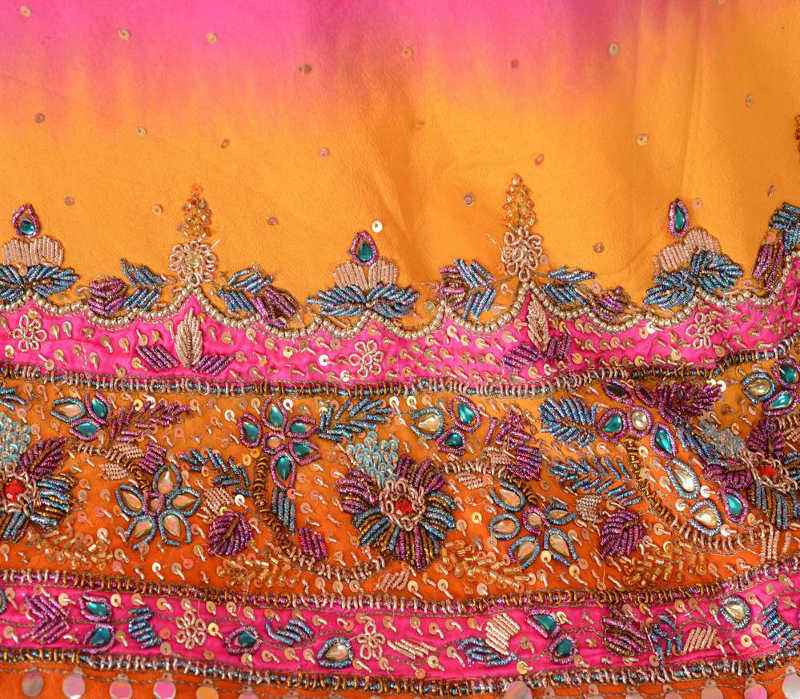===
0263,
3
===

=== |
 |
saa;Ng : 'Imitation, acting, mimicry, disguise, impersonation; mockery, sham, farce; a play, representation; a scene, show; a part in a play, a character'. (Platts p.629)
FWP:
SETS == IDIOMS
MOTIFS
NAMES
TERMS == SATIREThere are two ways of reading the first line. The first is as a verse about youthfulness: 'While you're young, that's the best time to experiment and try things out, so don't waste your youth in prudence'. The second is as a verse about time: 'Hurry to do as much as you can at the first opportunity, because time will run out before you can do everything you want to do'. Either way, it's a potent 'Make hay while the sun shines' effect.
Then the second line-- how irresistibly, cleverly multivalent! Using a proverbial saying makes a particularly un-pin-downable 'A,B' effect. The punchy, popular-cultural word saa;Ng is of course required by the proverb (and also by the rhyme); but doesn't it then spread a kind of complex luster back over the first line? Is what young people do a 'mockery', a 'play', a 'farce', a 'scene' (see the definition above)? Is the speaker urging young peopleto get their youthful follies out of their system as quickly and completely as possible? Or does he enjoin them to be their best selves, and do their best work, before time runs out? Or perhaps it's a version of 'Ars longa vita brevis'. As so often, it's left to us to decide for ourselves.